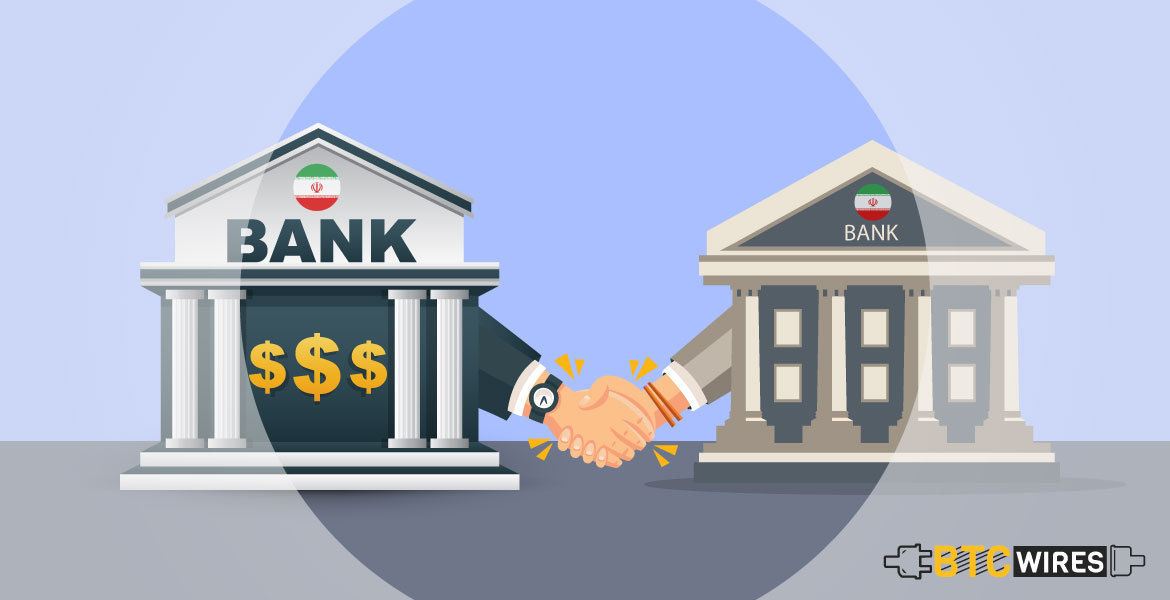According to reports published by a financial news website, Financial Tribune

According to reports published by a financial news website, Financial Tribune on Jan. 30, four banks in the Islamic Republic of Iran have developed a gold-backed cryptocurrency called PayMon. As per the report, this crypto asset
According to the article, the crypto asset has been developed in cooperation with four banks, namely Parsian Bank, the Bank Pasargad, Bank Melli Iran and Bank Mellat. The new cryptocurrency will be listed by Iran Fara Bourse, an over-the-counter (OTC) cryptocurrency exchange.
The director of Kuknos, which is the blockchain company taking care of the technical aspects, is of the opinion that the new crypto asset is a way to tokenize assets and excess properties of the banks. The article also reveals that a billion PayMon tokens will be initially released.
Iran is allegedly negotiating with several countries like Switzerland, South Africa, France, the United Kingdom, Russia, Austria, Germany, and Bosnia to carry out financial transactions in cryptocurrency. Rumour has it that Iran is also well on it’s way to unveil its state-backed cryptocurrency as was also discussed Electronic Banking and Payment Systems conference that took place last week in Tehran, but the announcement has not been made as of press time. In July 2018, reports said that the country was definitely on its way to creating their own state-issued cryptocurrency in order to circumvent United States sanctions.
However last month Iranian lawmakers noted that they would be trying to introduce legislation to block the use of crypto for payments inside the country and keep citizens from having significant holdings.
In a similar context, Venezuela too has launched its oil-backed cryptocurrency, Petro, in October of last year. However, there is a lot of confusion regarding which exchanges the coin is currently trading on. Critics have pointed out that the oil-fields that back Petro have also shown little signs of activity.
